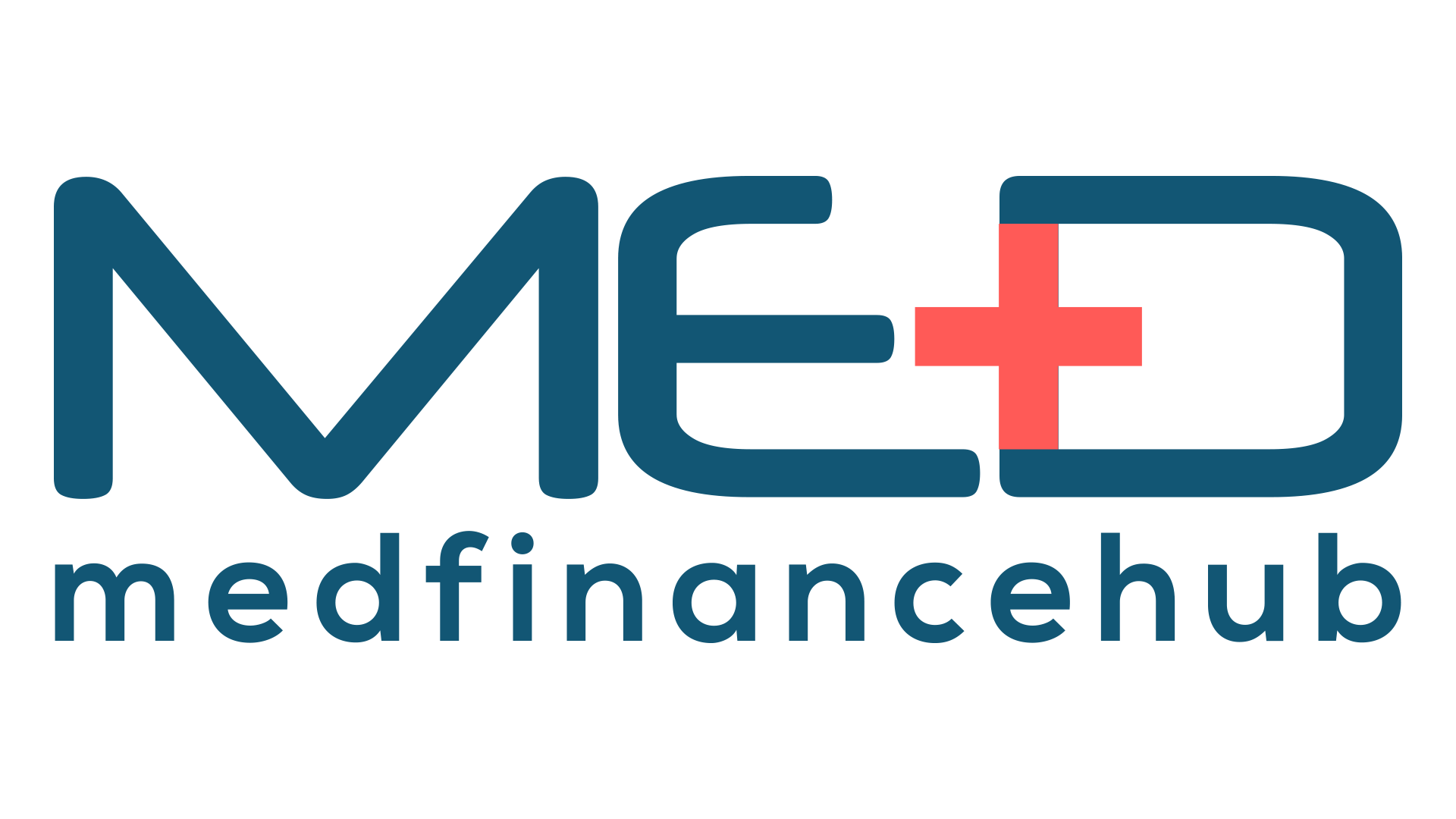In your medical practices, If you’ve ever felt stressed out by the billing process, you’re not alone at this stage. But what if there was a way to make the whole method more authentic, easier, and more economical? That’s where small business billing solutions come into play. As a small practice, controlling medical billing can be tough for most of us, from knowing the importance of insurance compliance and claims to mastering complex coding systems.
Specialized support in billing is a requirement for medical practices looking to provide a positive experience for patients and to manage a healthy financial foundation, and it isn’t just convenient for you. So, let’s talk about it. We’ll walk you through how an experienced medical billing services for small organizations and businesses can give you a more effective strategy and why standard billing solutions often fall short of medical practices.
Understanding the Unique Challenges of Billing for Small Medical Practices
Medical billing is itself a hefty task. You know that it involves far more than just sending invoices to patients if you’ve ever tried doing it on your own while seeing patients and running your own practice. Here are some of the common challenges you can face:
- High Administrative Burden: Billing demands a significant amount of time, pulling attention away from patient care. In small practices where staff might already be stretched thin, this can become a huge burden.
- Complex Coding Requirements: Medical billing involves coding that must be accurately written down to the letter. Even a minor coding error can lead to claim rejections, which in turn affect revenue flow and create additional work of back and forth resubmissions to resolve billing errors.
- Compliance Pressures: Navigating the requirements of regulations like HIPAA can be challenging, especially for smaller practices without dedicated compliance departments.
- Financial Strain from Claim Denials and Delays: Every delayed or denied claim impacts cash flow directly, which can become a serious obstacle for those who are trying to maintain financial stability for small practices.
As you can see, these challenges require solutions that understand the specific needs of healthcare billing. For most small medical practices, relying on generic billing solutions just isn’t enough.
Why General Billing Services Often Fall Short in Healthcare
To handle the financial side of your practice, you may have considered generic billing services for small business. But the truth is, these all-purpose solutions don’t provide the unique demands of medical billing. Here’s why:
- Lack of Industry-Specific Knowledge: General billing providers don’t have a deep knowledge of healthcare regulations and medical coding. This can result in missed refunds and higher error rates.
- Limited Compliance Capabilities: HIPAA compliance is still a generic billing solution and a must for healthcare providers that may lack the strong data security standards needed to protect patient information.
- Missed Opportunities for Financial Optimization: In healthcare, every denied claim or delayed payment impacts your bottom line. Without a system tailored to the nuances of medical billing, these setbacks can pile up, leading to financial strain.
A specialized billing solution for small business designed specifically for medical practices can address these gaps, allowing your practice to manage billing with greater precision and fewer obstacles.
Key Benefits of Experienced Billing Solutions for Medical Practices
If you’re wondering what makes experienced billing services different, here are the key benefits that found to be game-changing for small medical practices:
1. Expertise in Healthcare Billing
Unlike general billing services, specialized small business billing solutions come with an in-depth understanding of medical coding, insurance requirements, and claim processes. This expertise means reduced claim denials, fewer errors, and a smoother overall billing process. You’re more likely to see claims paid on the first submission with knowledgeable support, allowing you to focus on patient care instead of re-filing claims.
2. Time and Cost Savings
You’re giving yourself more time to do what matters most to treat patients when you switch to a customized billing service. Handling billing in-house can take valuable hours that might be spent on growing your practice and refining patient care. You save on the costs and free up time of in-house billing resources by outsourcing to a billing service created for medical requirements, especially when it comes to training staff on compliance and healthcare billing.
3. Improved Cash Flow and Revenue Management
You can rely on a steadier cash flow when specialized billing solutions optimize the repayment process. You’ll experience a positive shift in your practice’s financial health by speeding up repayment cycles and reducing claim rejections. A consistent flow of revenue allows you to invest in new technology, plan better, and improve your patient care services.
4. Enhanced Data Security
Protecting patient data is sensitive and it’s crucial for your practice’s credibility. Specialized billing solutions use top-tier data security measures to safeguard patient information and focus on HIPAA compliance. This added level of security builds trust with your patients and protects you from potential violations, who rely on you to keep their information safe.
Essential Features to Look for in Small Business Billing Solutions for Medical Practices
It’s essential to know what to look for when choosing a specialized billing solution that can make a significant difference. Here are the features that are recommended:
1. Comprehensive Claim Management
From submission to repayment, medical billing requires close attention to each claim’s status. Look for a solution that addresses rejections, handles claims end-to-end, and follows up on unpaid claims. This feature alone can vastly improve your cash flow by ensuring claims don’t fall through the cracks.
2. Patient Communication Support
A billing solution that supports patient communication can greatly improve the experience for those you serve. Transparent billing and easily accessible statements build trust with patients, especially when they understand what they’re being charged for and why. Look for a service that makes patient billing clear and approachable.
3. Reporting and Analytics Tools
Analytics are invaluable for making informed financial decisions. With comprehensive reporting, you can track your revenue, analyze trends in claim acceptance rates, and even predict future cash flows. An effective billing solution will offer insights that help you manage your finances with clarity and confidence.
4. Scalable Services
Your practice’s needs may evolve over time, and the right billing service should be able to adapt along with you. If you’re updating your carrier offerings or growing your patient base, a flexible billing solution can modify its support to align with your needs.
Choosing the Right Billing Partner for Your Small Medical Practice
In the healthcare field, locating the right billing services for small business can feel stressful, but here are some helpful tips:
- Check for Industry Experience: Look for providers with a proven track record in healthcare billing. Their experience will translate into better repayment rates, fewer mistakes, and smoother operations.
- Assess Software Compatibility: Make sure the billing solution integrates well with your existing practice management software to avoid unnecessary complications.
- Prioritize Customer Support: Good support can make a world of difference. Select a provider that offers interactive, knowledgeable customer service so you can get help when you need it most.
By carefully comparing your options, you’ll be in a higher position to find a billing partner that aligns with your practice’s goals and operational needs.
Ending Up
For a medical practice, choosing the right small business billing solutions may be transformative. By deciding on a billing service that understands the nuances of healthcare billing, you may refine claims management, reduce errors, and maintain a healthy cash flow, all while building trust and protecting your patients’ data.
In a world where small practices face many difficulties, making an investment in specialized billing support is about creating a durable foundation that allows you to focus on what you do best, being worried for your patients. Take the time to examine your options and find a solution that suits your practice’s particular needs.
FAQs
1. Why is a specialized billing solution better for medical practices than a general one?
Specialized billing solutions are customized to the unique demands of medical billing, from compliance with healthcare instructions to expertise in medical coding. This stage of specialization helps reduce mistakes, improve repayment charges, and offer peace of mind that your billing is consistent with industry standards.
2. How do billing services for small organizations reduce claim denials?
Billing services designed for healthcare focus on correct coding, compliance, and thorough claim control. This accuracy reduces the risk of denials and ensures that claims are processed successfully from the beginning.
3. What should I look for when choosing a billing solution for a small practice?
When selecting a billing partner, recollect their healthcare experience, the functions they offer (like claim control and patient support), data security features, and scalability options. Making sure that the solution aligns with your practice’s current and future needs is vital.
4. How does HIPAA compliance factor into medical billing solutions?
HIPAA compliance makes sure that patient information is protected and it is a cornerstone of medical billing. Specialized billing services focus on HIPAA compliance and the use of secure data systems that meet healthcare standards for confidentiality and data protection.
5. Can billing solutions help with patient communication and satisfaction?
Yes, a quality billing solution improves patient satisfaction by providing clear, transparent billing information. This helps patients understand their charges and can reduce confusion or frustration about medical bills.

